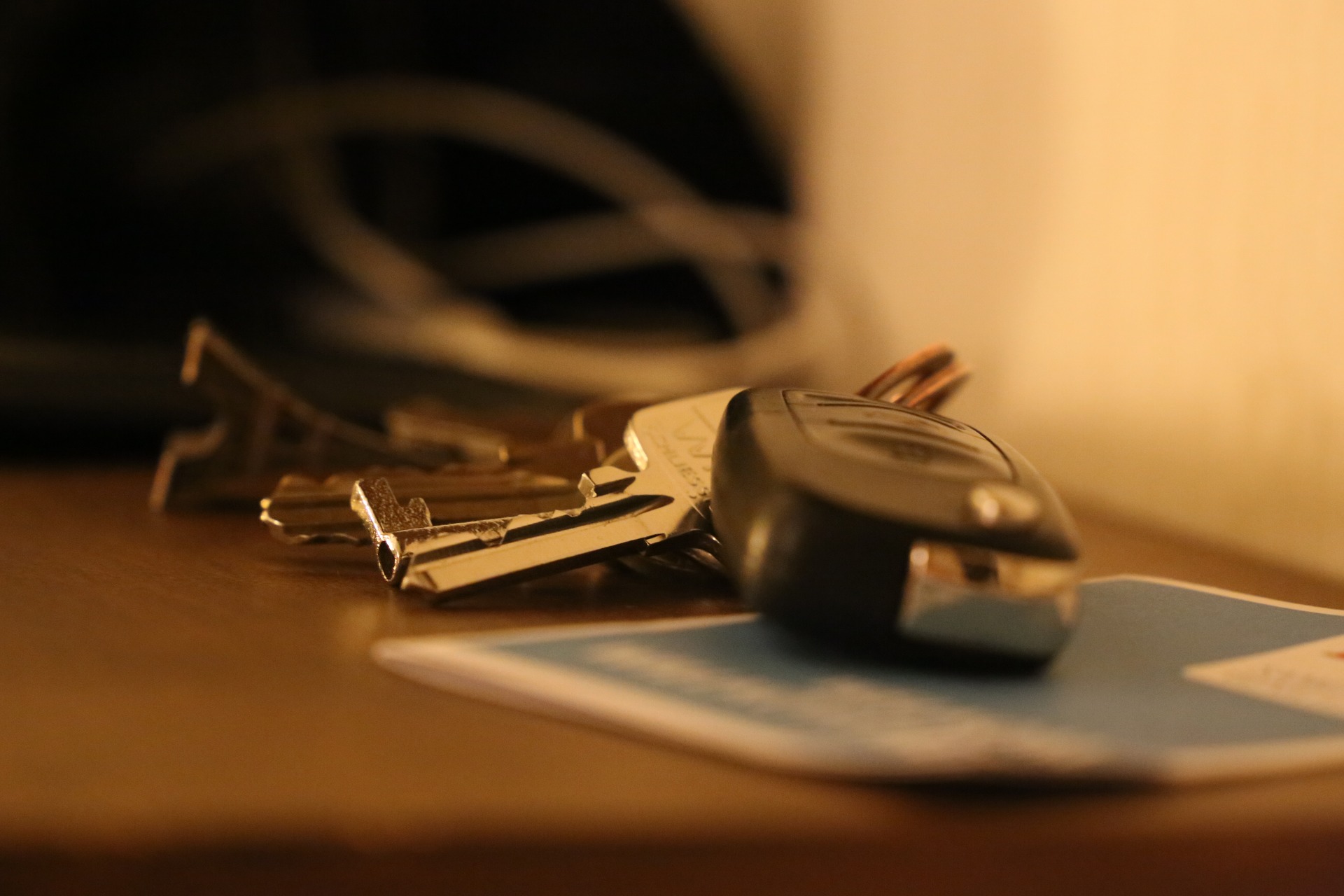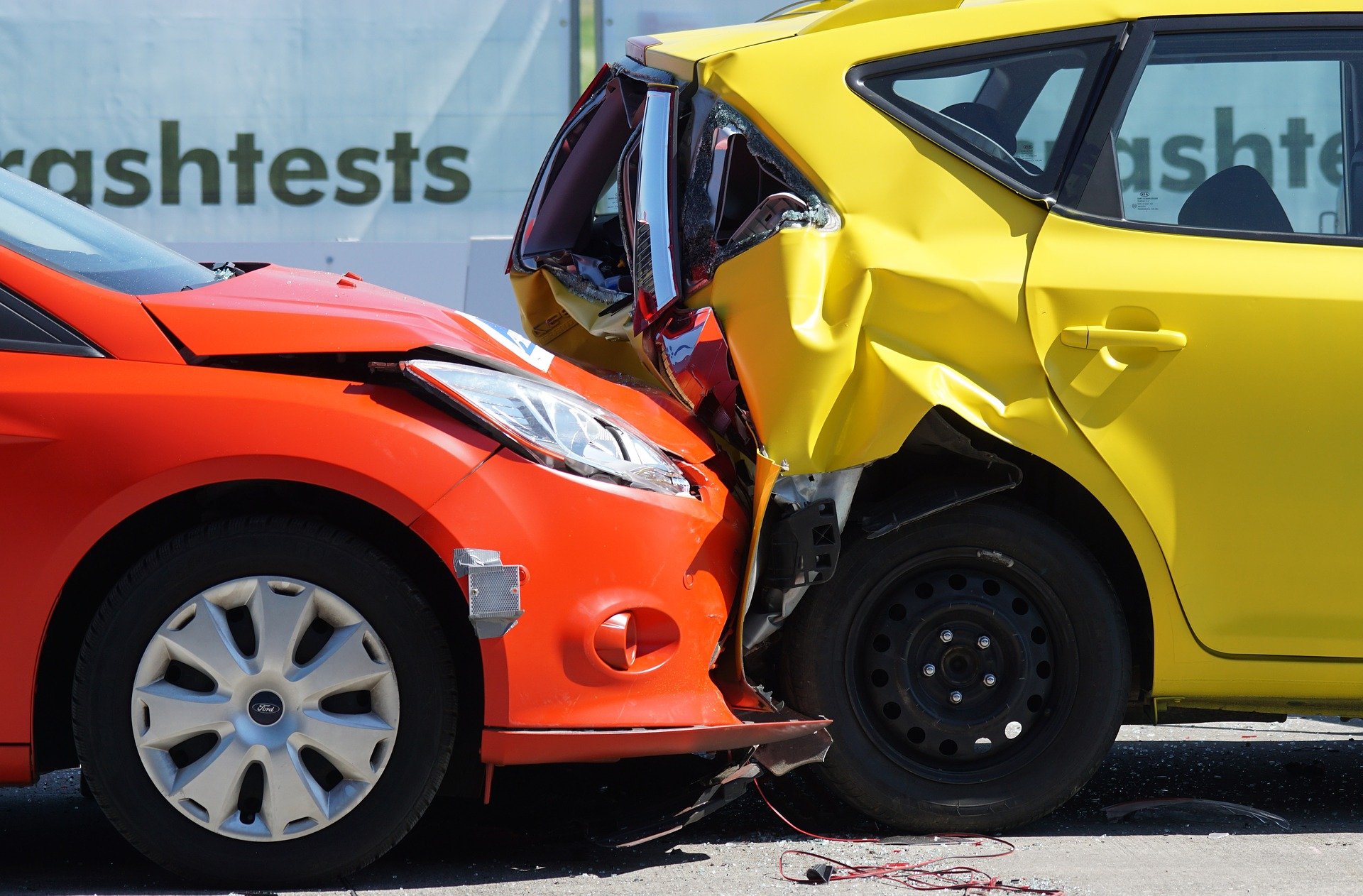product comparison
Insurance coverage for the car available, but the insurance does not pay?
Every car owner has liability insurance; without it, no motor vehicle can be registered. In addition, many drivers take out comprehensive or at least partial comprehensive insurance for their vehicle. Thanks to these insurances, accident damages become less of a financial risk. Depending on the type of insurance, insurance provider and premium amount, more costs for damages are taken over and covered by the insurance companies. Unfortunately, there are also always exceptions that affect the insurance coverage, so that the damages are paid only partially or not at all. An example where it is probably clear to everyone that the insurance does not pay, is driving under the influence of alcohol. If you cause or are involved in an accident while drunk, you risk your insurance coverage. We have summarized for you stumbling blocks that people may rarely think about, but which can lead to the loss of insurance coverage in the event of a claim.
- Loss of keys
- Driving with wrong or missing footwear
- Incorrect or missing load securing
- Driving under the influence of drugs
- Hit and run
- Tuning
- Rear-end collision
- Dismantle trailer hitch
When does the insurance not pay or not fully pay?
- Loss of keys
Whether stolen or lost/misplaced, you should always report the loss of a key to your comprehensive insurance company. Only in this way can you be sure that the insurance company will also pay in the event of car theft or that further insurance cover is guaranteed. Depending on the circumstances of the loss, the insurance company may also cover the cost of replacing the locks or recoding the car key. The decisive factor in the assessment is often the degree of negligence that led to the loss. For example, theft from an open handbag or losing it from a trouser pocket can be construed as gross negligence. - Driving with flip-flops / sandals or barefoot
When temperatures are warm, it is tempting to ride in just flip-flops or sandals. In principle, there is no regulation that prescribes fixed shoes. You can therefore theoretically drive with any footwear. However, if an accident is due to inappropriate or non-existent footwear, the insurance may not pay. Therefore, we advise carrying a pair of light and comfortable sneakers in your vehicle to wear while driving, even in the summer. In the end, no one wants to be accused of causing or contributing to an accident because they wanted to have "airy" feet. By the way, there is nothing to be said against driving in a bathing suit or just a bikini for legal and insurance reasons. (Only completely unclothed could be considered a misdemeanor). - Cargo securing
Poor load securing is not only a safety risk for you and other road users. Improper load securing is also punished with fines and, depending on the severity or in the case of accidents, even harsher. In addition, slipped cargo can also have insurance consequences. In such cases, the comprehensive insurance must pay for damage to the vehicle only partially or not at all. Particularly in the vacation periods & excursion times pay attention again strengthened to the load safety device. Heavy suitcases, a loaded cool box or the transported bicycles can become a danger for you and other road users. - Medication influence
Everyone knows that you can't drive a car after consuming alcohol, and this is also checked by the police. When taking medication, this is not always so clear. There is no regulation that prohibits or restricts participation in road traffic after taking medication. Every participant in road traffic is responsible for his or her own driving safety. Therefore, you must decide for yourself whether you can safely drive a vehicle in traffic before you start driving. If the influence of medication is detected after an accident (e.g. by a blood test), this may affect your insurance coverage and may also have criminal consequences. Therefore, always make sure what influence the medication has on your ability to drive. You can ask your doctor about this or find information in the package insert. You should also pay attention to interactions between different medicines. - Hit and run (also without direct accident opponent)
Anyone who leaves the scene of an accident without contacting the police and/or the comprehensive insurance company risks losing their insurance coverage and is liable to prosecution. This fact is already known to many. However, this can also happen without the involvement of third parties. In a case before the Higher Regional Court of Koblenz (dated 11.12.2020, Ref.: 12 U 235/20), it was decided that the comprehensive cover can also lapse in the event of an accident without further involvement if no police or insurance company is contacted.
In the case mentioned a driver collided on the freeway without external influence with the guard rail. The journey was continued to the next rest area and the damage was checked (scratched left side of the vehicle), then the journey was continued. After 4 days, the latter only reported the damage to his insurance company. The court saw a breach of duty of the motorist towards the insurance company by leaving the accident site and also the rest area. The insurance company was hampered essential findings on the insured event, for example, whether the motorist was driving himself or the motorist was impaired in his driving ability. - Subsequent modifications to the vehicle (Tuning)
If you make structural changes to your vehicle that are not standard, you should always notify the insurance company. Of course, this can lead to an increase in insurance premiums, especially if the engine performance is changed. On the other hand, this will keep your insurance coverage complete and you won't have any recourse. In addition, expensive tuning parts, such as new rims or the high-quality hi-fi system are also insured (often even without premium surcharge). Unreported changes in case of theft or damage may not be paid by the insurance. - Myth: Who rear-ends is to blame!
According to the prima facie evidence, the person who rear-ended the vehicle is at fault. In the case of prima facie evidence, it is always assumed that the accident occurred due to a lack of safety distance, inappropriate driving speed and/or due to inattention/distraction. Of course, there are also situations in which the person in front is at fault or at least partially at fault. Examples of situations with partial fault is braking for small animals (e.g. squirrels, rabbits or birds) or other unprovoked emergency braking. In these situations, the person behind did not maintain the necessary safe distance; however, the person in front unnecessarily provoked the accident situation. Exceptions: In the case of driving school cars, such behavior must be expected and also the abrupt braking when the traffic light phase changes from green to yellow. Increased partial fault up to 100% liability is borne by the vehicle in front if the brake lights are defective or a lane change preceded, e.g. if as a result of an overtaking maneuver, the vehicle was pulled in too close to the vehicle behind. - Supplement: Removable trailer couplings must be dismantled
Legally, this is only required if parts of the license plate are covered by the ball head. In the event of a rear-end collision, however, the insurance company could claim that the AHK caused more damage to the vehicle. A possible consequence would be that the insurance company would not pay. There has not yet been a court ruling to this effect. To avoid such a legal dispute, we recommend simply dismantling the vehicle when it is not in use, so that it does not become a pitfall.


As you can see, there are some stumbling blocks when it comes to insurance coverage. If you are unsure, it is best to ask your insurance agent again directly and go through the contracts exactly in which cases your insurance regulates and in which it does not pay. In this way you save yourself legal disputes and experience no nasty surprises. Always consider whether you are really fit to drive before you start driving, especially after taking medication. Take care of yourself. We wish you a safe journey.
Continue to store












